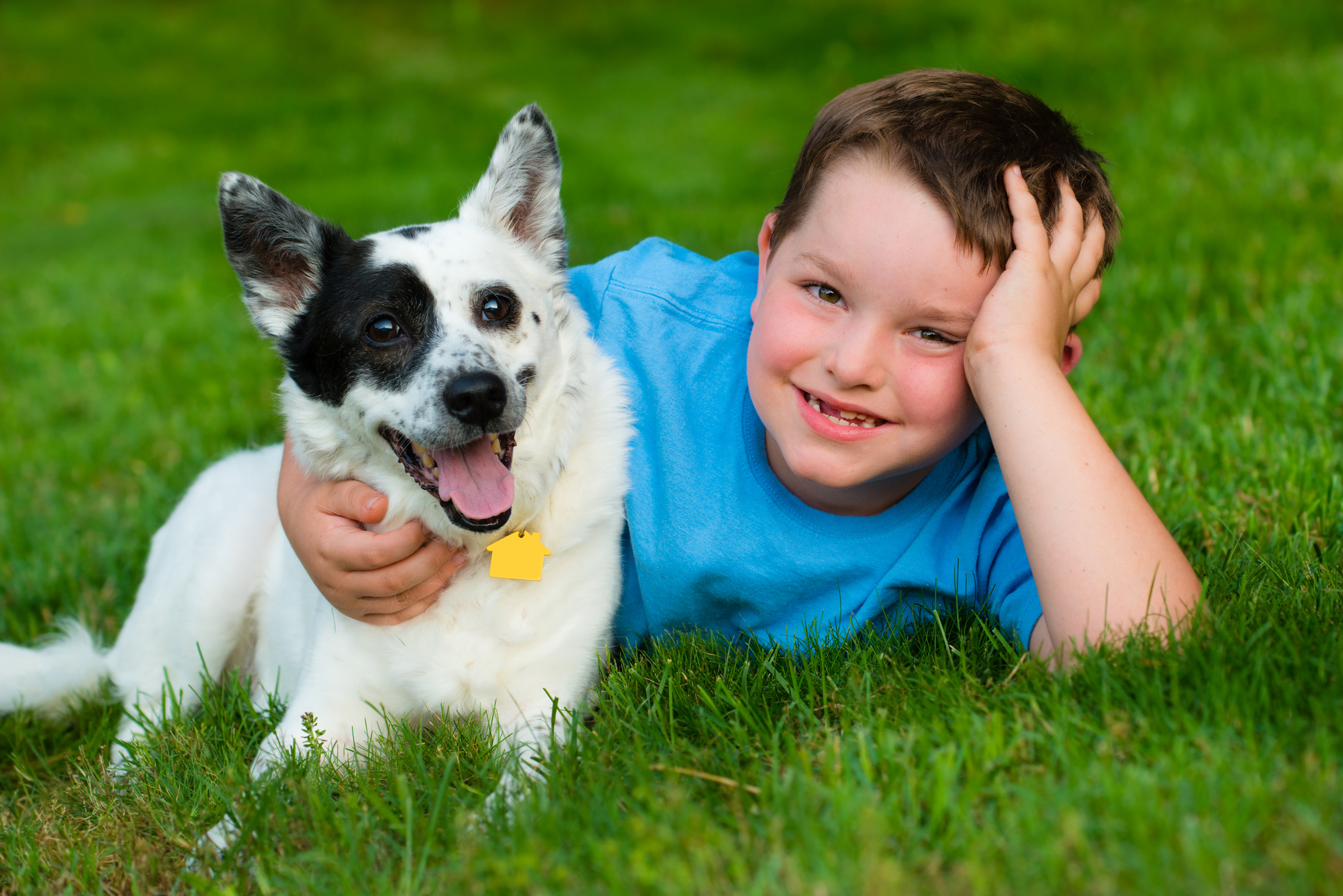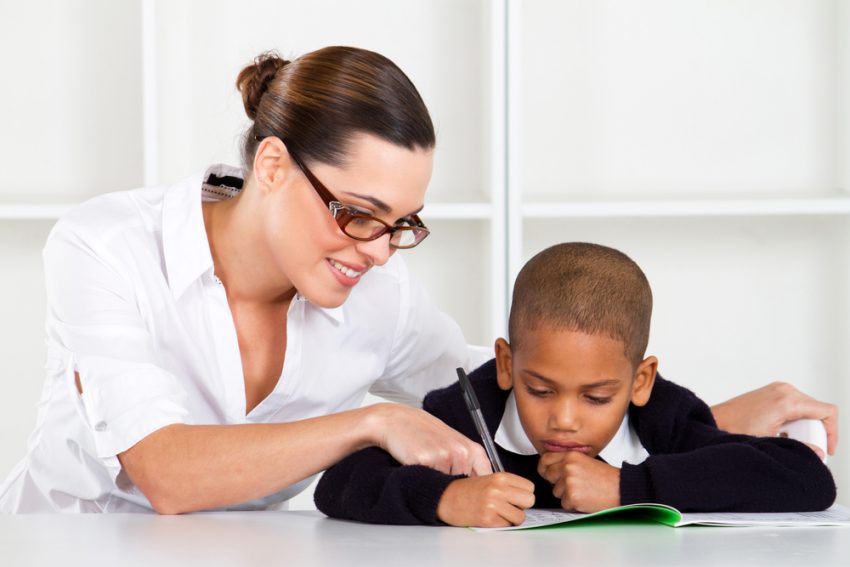I am passionate about SLEEP and understand the benefits for both adults and children, the evidence supporting sleep is compelling and widely understood and supported by health care professionals around the world.
The human brain—yours and your baby’s—runs on sleep. The American Academy of Paediatrics (AAP) has linked babies’ frequent night wakings to everything from postpartum depression in mums to future obesity and behaviour problems in kids. As Marc Weissbluth, M.D., the author of Healthy Sleep Habits, Happy Children, explains, children who don’t get enough consolidated REM sleep have shorter attention spans, so they don’t learn as well. These babies also release more of the stress hormone cortisol, setting them up for frequent night wakings and short day naps.
Postpartum Depression
Relations between night waking in infants and depressive symptoms in their mothers at 6 months postpartum were examined using the data from the National Institute for Child Health and Human Development Study of Early Child Care. Although more depressive symptoms were only weakly correlated with a higher frequency of infant waking, longer wake times, and more total time awake, the rate of clinically significant depression scores was about double in mothers of chronically waking infants in comparison with mothers whose infants did not awaken during the night.
If your baby becomes overtired, the stress hormone cortisol is released, and the stress hormones are responsible for making your baby appear hyper alert, difficult to get to sleep, and difficult to stay asleep. These stress hormones including adrenalin cause your baby to wake more frequently throughout their naps and their night sleep. This is why we do our best to avoid your baby becoming overtired and stressed.
Self-settling
I cannot emphasise enough how important it is to start early with developing healthy sleep habits. The secret to teaching your baby to sleep well is to allow them to self-settle. The ability to fall asleep and stay asleep is a learned behaviour. The earlier you start to assist your baby, the easier it will be for them. If your baby is not self-settling from around 6 months of age, it may become more difficult and take longer for them to acquire this skill.
Sleep Associations
It is important to avoid falling into the trap of developing sleep associations that hinder your baby’s ability to learn to self-settle.
One of the key issues to address with self-settling is sleep associations. This means – what does your baby think they needs to fall asleep? If they have a sleep association that involves you then they will think they needs you to fall back to sleep.
All babies stir or wake at the end of each sleep cycle, and need to be able to resettle themselves back to sleep each time in order to sleep through the night. Until your baby can fall asleep by themselves they will continue to wake crying in the night and need your help to fall back to sleep.
If your baby is falling asleep at the breast or in your arms being rocked or bounced up and down, this is likely to be their sleep association. When they wake periodically through the night or during their naps they will not be able to settle alone as you, their sleep prop, is not there and they do not have to ability to return to sleep without you!
There are many gentle sleep training methods to teach your child how to fall asleep on their own in a secure environment and it is absolutely possible for all age groups.
You may also like tor read:









